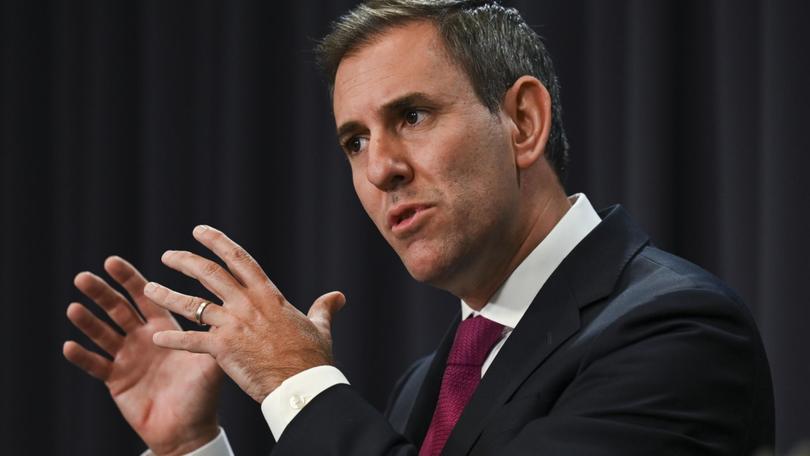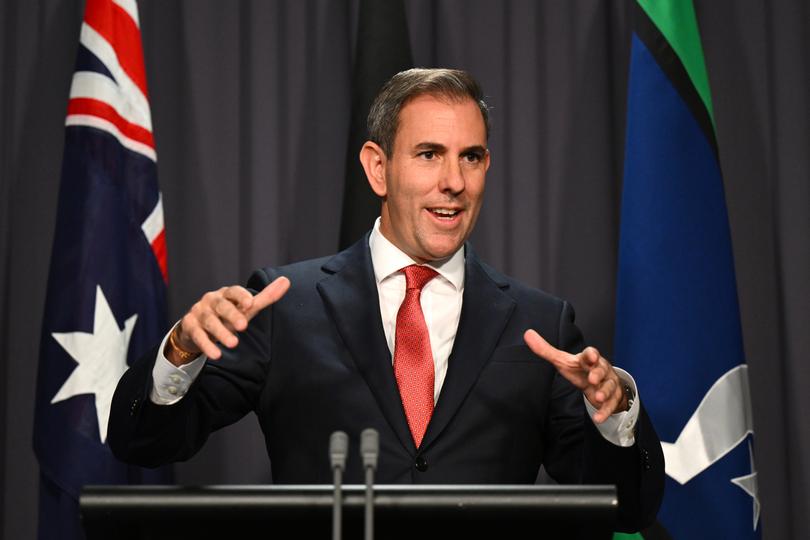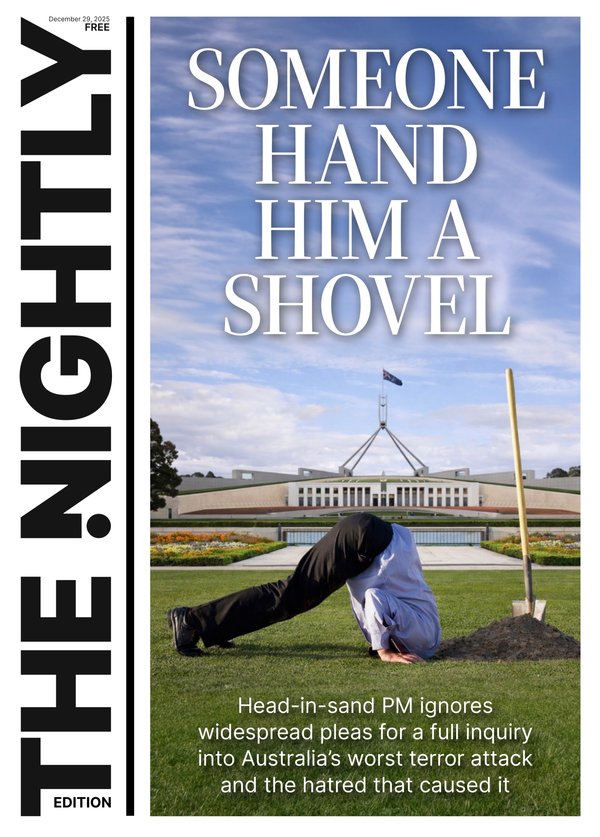Federal Budget 2024: Chalmers downplays expectations of revenue windfall

Treasurer Jim Chalmers is hosing down expectations of another massive revenue windfall as he puts the finishing touches on this month’s Federal Budget.
The May 14 update will include revenue upgrades of around $25 billion over the forward estimates – $100 billion less than the average across the last three budgets.
A slowing global and domestic economy, softening labour market and slumping commodity prices have combined to deny Labor another bumper year in tax revenue.
Sign up to The Nightly's newsletters.
Get the first look at the digital newspaper, curated daily stories and breaking headlines delivered to your inbox.
By continuing you agree to our Terms and Privacy Policy.“We are realistic about the challenges facing our economy and our budget – this includes not expecting the same sorts of massive revenue upgrades that we’ve seen in recent budget updates to continue,” Dr Chalmers said.
Consulting firm Deloitte last week raised expectations of a significant revenue windfall, forecasting a $13.4 billion surplus for 2023-24 on the back of healthy company and personal tax receipts.
That would amount to a $14.5 billion turnaround from the December budget-update.

Independent economist Chris Richardson is predicting a $13.3 billion surplus for this financial year, with $41 billion in revenue upgrades.
While the Federal Government believes a second consecutive surplus is still within reach, it is preparing for it to be smaller than what independent economists are predicting.
Dr Chalmers is expected to bank around 95 per cent of the revenue upgrades to avoid fuelling inflation.
“We’ve made substantial progress in getting the budget in better nick, having delivered the first surplus in 15 years with a second one in prospect, but we know that the pressures on the budget are intensifying, not easing,” Dr Chalmers said.
“While our big focus in the near term remains easing inflation and helping relieve cost of living strains, it’s critical to also make room for urgent and unfunded priorities and invest in the future drivers of economic growth in the years ahead.
“That’s why the May Budget will be carefully calibrated to the economic circumstances, striking the right balance between getting inflation under control, easing cost of living pressures, supporting sustainable growth and building fiscal buffers in an uncertain global environment.”
